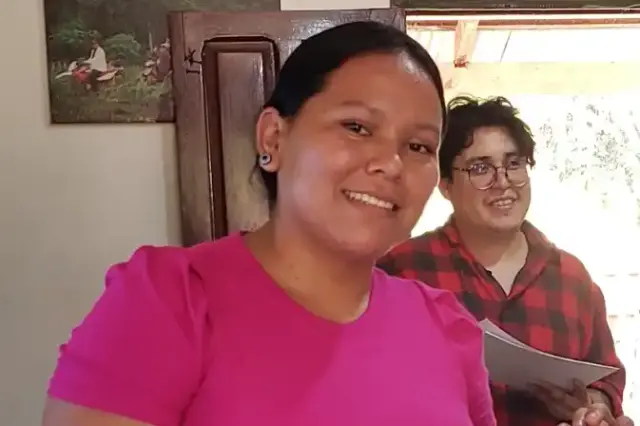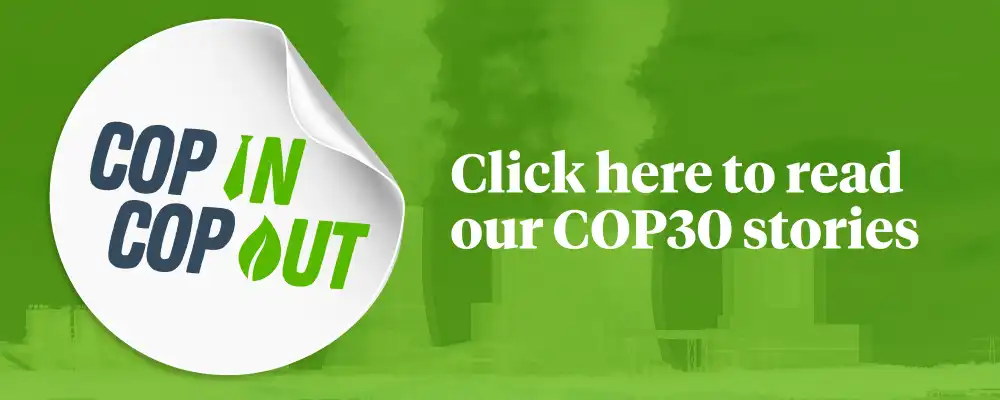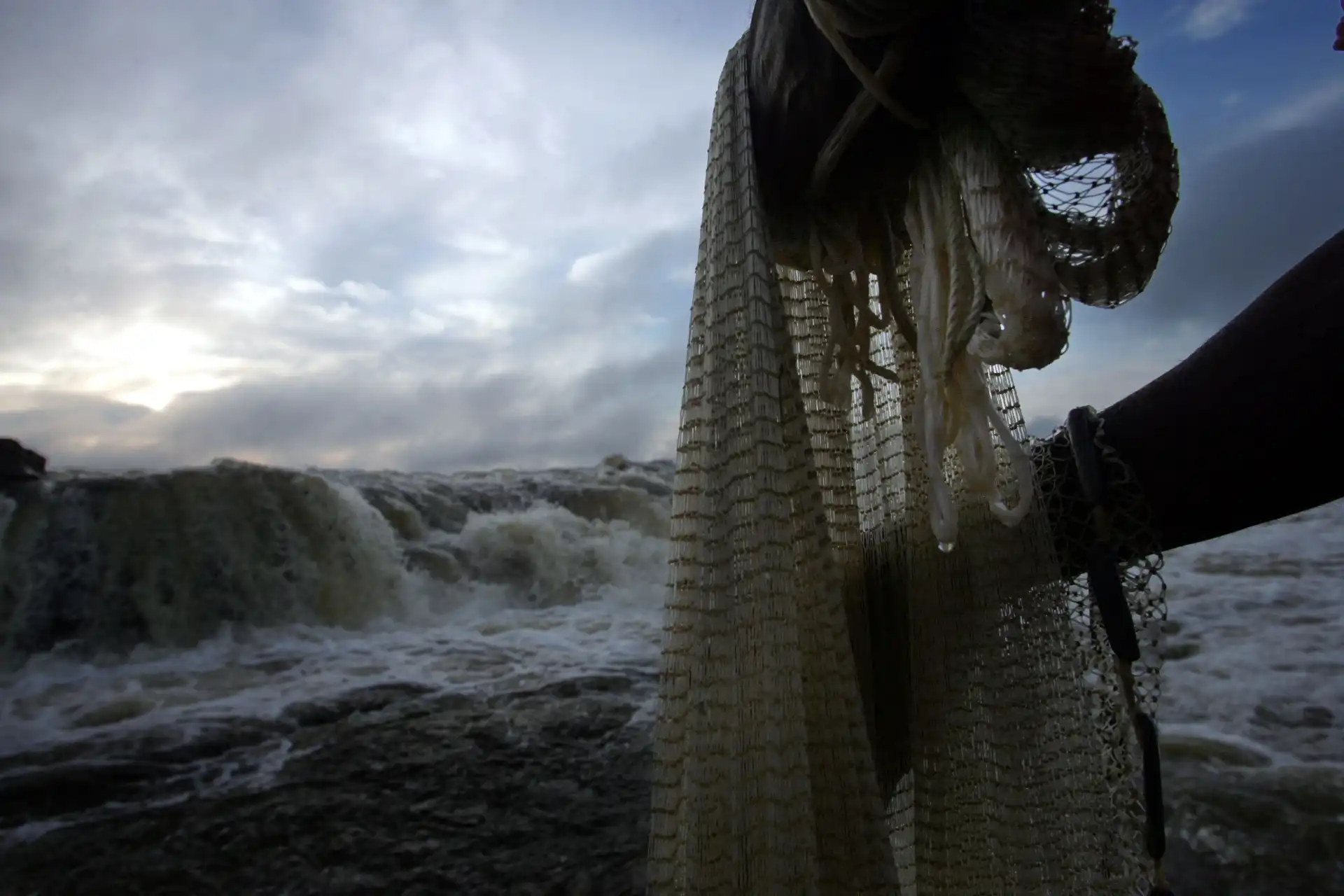Basic needs
A deteriorating forest deeply impacts Indigenous life. The majority of people we spoke to said that deforestation had increased and their living standards had declined. They had less access to water and food, and worse health. The biggest decline reported was in the ability to hunt, fish and grow crops, with 68% saying this had got worse in the past ten years. Across the world, tropical forests are still being lost year by year.
Leo Morales from Venezuela said: “It’s getting worse because the forests are further away. The animals are further away. They’re moving further inland. The rivers have dried up, there are no more fish.”
Those we spoke to frequently called out their lack of access to healthcare facilities and medicines. Rocío Picaneray Chiqueno, from Bolivia, said there was no health centre near her community, which suffered from health problems including tuberculosis, HIV and high blood pressure.
All 11 people we spoke to in Venezuela said their health situation was worse than it had been ten years ago, with many saying the lack of medical supplies was the reason why. Two said they need to bring their own supplies when visiting a hospital. But changing Indigenous diets, caused in part by difficulties in growing and hunting food, was also brought up by many people. Some stressed that the forest itself gives medicine.

























